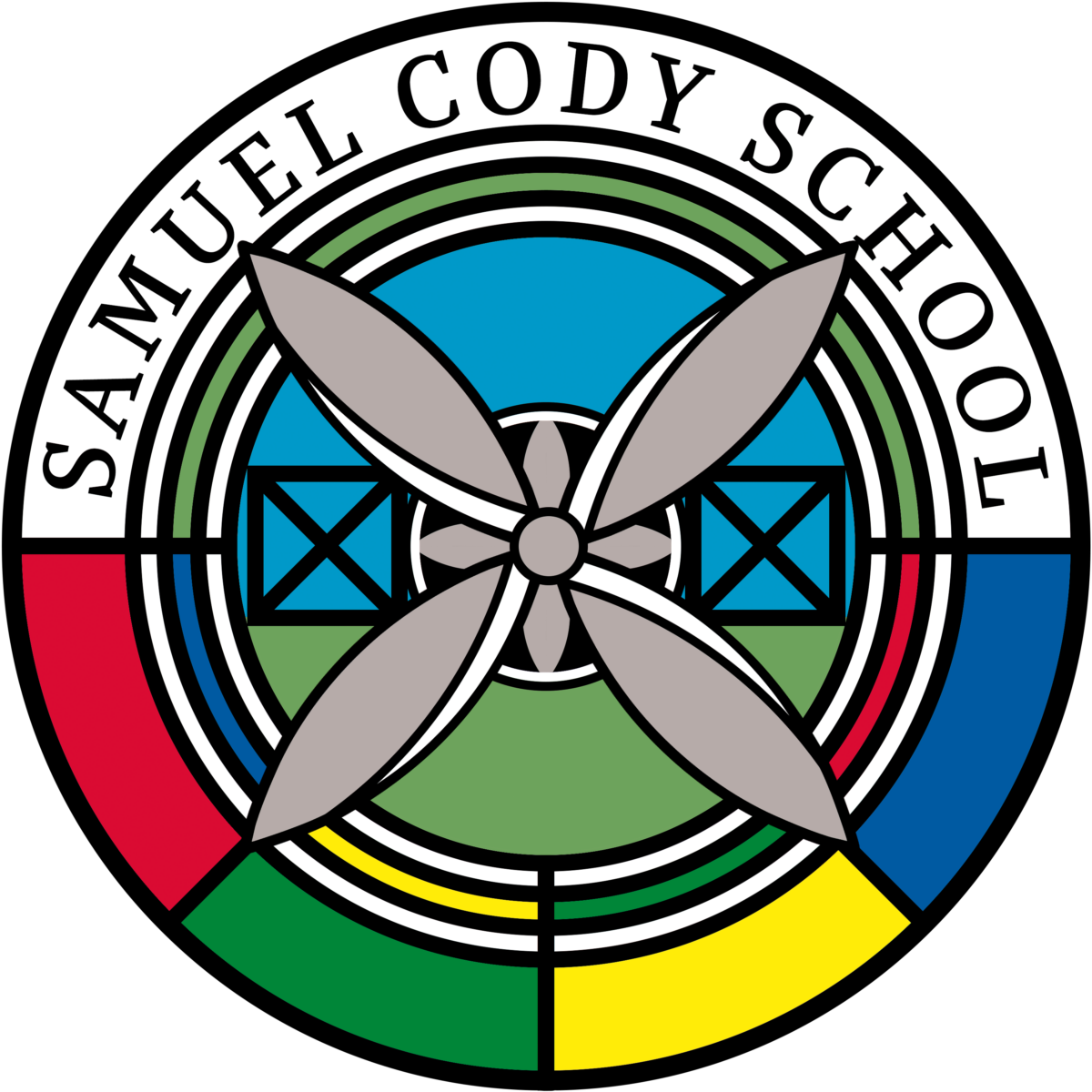Attention Autism
Select a Page
Attention Autism Curriculum Overview
Attention Autism is a speech and language based programme that is designed to develop the communication and attention skills of our learners at Samuel Cody Primary.
Intent
- develop children’s attention, focus and communication skills
- offer an irresistible invitation to learn
- develop children’s ability to follow an adult led agenda
- Develop spontaneous communication through the use of visually motivating and engage in activities
- Encourage and develop independence skills
Implementation
Attention Autism should be delivered throughout the week and, over time, be used as a tool to deliver curriculum objects for core subjects.
Attention Autism progress throughout four stages, each stage building upon the last:
Stage 1: The bucket (or other age/topic appropriate tool)
The bucket (or any container) is filled with visually engaging objects and toys, aiming to gain the shared attention of the group. The adult leader shows each item to the group and uses simple repetitive vocabulary to comment on the various objects.

Stage 2: The attention builder
Visually stimulating activities are shown to the group by the adult leader, aiming to sustain attention for a longer period. The activities are fun, visually engaging and can often involve delightful mess!

Stage 3: Turn taking & Re-engaging attention
The adult leader demonstrates a simple activity, often modelled with another adult in the group. The children are then invited to have a turn but only if they are comfortable to do so. We are working towards not giving every child in the group a turn each session, which will develop important emotional regulation skills, as well as the essential skills of waiting, turn-taking and learning through modelling.

Stage 4: Shifting & re-engaging attention
Stage 4 aims to develop the skill of engaging and shifting attention. The adult leader demonstrates a simple creative task, and then gives each child an individual kit to copy the task. The children take their kits to a table, complete the task independently, and then everyone returns to the group to show their completed tasks.

More complex skills can be introduced as confidence and social skills develop e.g. sharing materials, working with a partner, problem solving.

